
“Women are more ambitious and career-oriented today. They delay their marriages to achieve their career goals,” said Seema Arif, head of the Psychology Department at the University of Central Punjab (UCP).
She was sharing her findings at the two-day International Research Conference on Contemporary Management Practices, which started at the Lahore University of Management Sciences on Wednesday. The conference was jointly organised by the Suleman Dawood School of Business (SDSB) and the South Asian Academy of Management (SAAM).
The research paper, produced jointly worked upon by Seema Arif, Aqsa Ejaz and Neelum Yousaf – all from the UCP, was presented under the head of Work Environment and Job Satisfaction.
Titled Perceptions of Pakistani Working Women about Flexible Work Arrangements and Career Satisfaction”, the paper was about women falling in the 25 to 35 age group. Arif stated that while flexible working hours were as serious a concern for men as they were for women, the influence on the latter was far greater. She said the concept of “ideal worker” was changing. She said it was often believed that women were more committed to their families than their work. With the growing “flexible working arrangements” opportunity, Arif said there was no need to challenge either commitment.

Speaking about her research, she said it was aimed at identifying problems rather than seeking solutions. “The greatest problems women face are greater workload, stress and the fact that part-time jobs are not credited as serious experience,” she said. This, she said, hindered career advancement at senior levels in an organisation. She said women now wanted more meaningful work, wanted to learn and grow professionally and wanted respect and recognition. She said women belonging to upper socio-economic classes were more focused on careers than those from the lower classes. She said women now sought greater autonomy and were also ready to take risks provided they had a strong family support structure.
She said women in the public sector faced greater difficulties in meeting their professional responsibilities than in the private sector. “The challenge for the modern human resource managers is to balance professional and personal needs of women through career counselling,” she said.

“You can’t just offer an award and expect greater creativity from the employees,” said LUMS PhD student Abdul Rahman who raed his paper titled Reward and Creativity: Personality Matters. He argued that it was a longstanding debate what the impact of rewards was on the creativity of the employees. He divided rewards into extrinsic and intrinsic categories, saying the former were awarded by someone else while the latter were derived from personal satisfaction with one’s job. He said the extrinsic awards have positive impacts on creativity.
He said many human resource managers offered awards to ensure greater creativity without keeping in mind the importance of the awards to an individual. Rahman said that rewarding achievements that were perceived as important by the employees would result in greater creativity. He said he research that the impact of intrinsic awards was greater on the creativity of an employee.
Other research tracks focused on finance and economics, business culture and ethics and brands and consumer behaviour.
Published in The Express Tribune, January 18th, 2013.
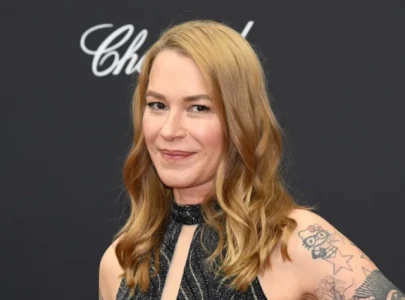








1732012115-0/Untitled-design-(14)1732012115-0-270x192.webp)

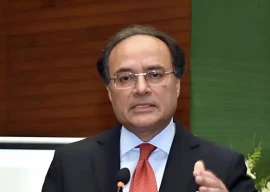
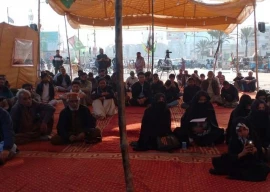

1733421998-0/New-Project-(1)1733421998-0-270x192.webp)
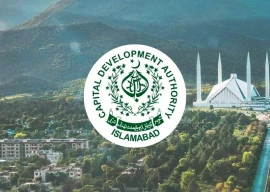
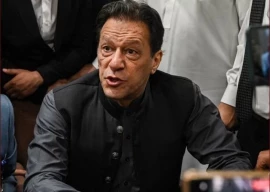

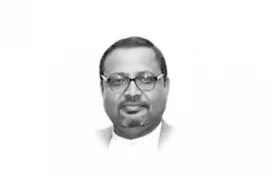




COMMENTS
Comments are moderated and generally will be posted if they are on-topic and not abusive.
For more information, please see our Comments FAQ